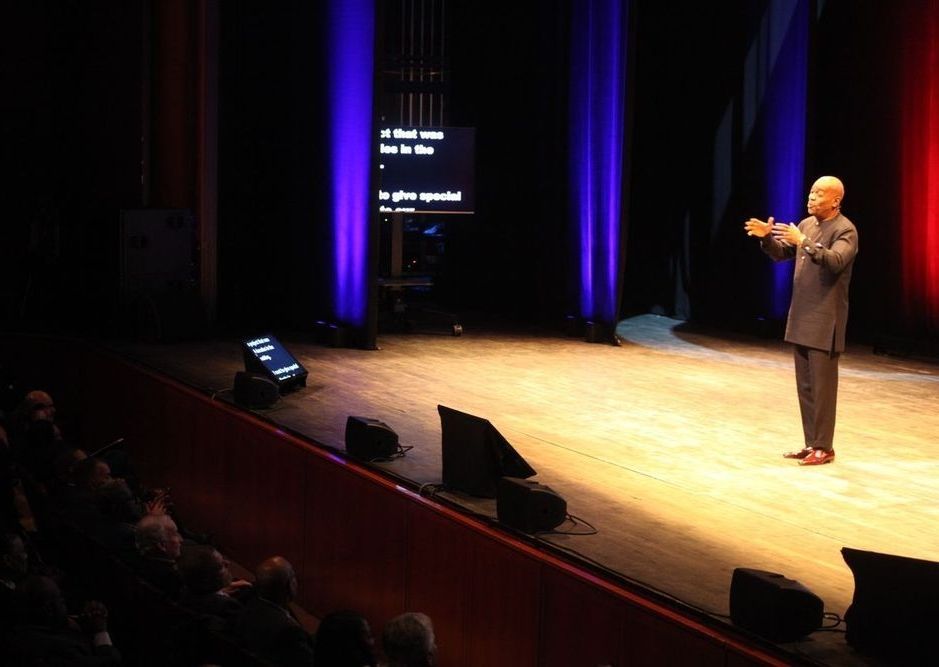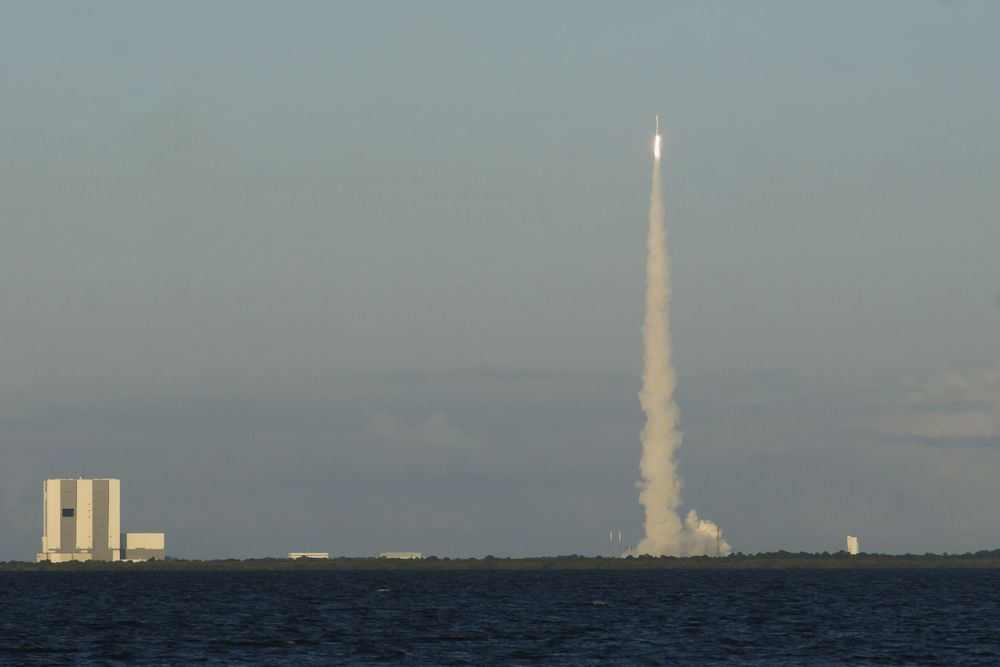In mobiles, fridges, planes – transistors are everywhere. But they often operate only within a restricted current range. LMU physicists have now developed an organic transistor that functions perfectly under both low and high currents.
Transistors are semiconductor devices that control voltage and currents in electrical circuits. To reduce economic and environmental costs, electronic devices must become smaller and more effective. This applies above all to transistors. In the field of inorganic semiconductors, dimensions below 100 nanometers are already standard. In this respect, organic semiconductors have not been able to keep up. In addition, their performance with regard to charge-carrier transport is considerably worse. But organic structures offer other advantages. They can easily be printed on an industrial scale, the material costs are lower, and they can be transparently applied to flexible surfaces.
Thomas Weitz, a professor in LMU’s Faculty of Physics and a member of the Nanosystems Initiative Munich, and his team are working intensively on the optimization of organic transistors. In their latest publication in Nature Nanotechnology, they describe the fabrication of transistors with an unusual structure, which are tiny, powerful and above all versatile. By carefully tailoring a small set of parameters during the production process, they have been able to design nanoscale devices for high or low current densities. The primary innovation lies in the use of an atypical geometry, which also facilitates assembly of the nanoscopic transistors.







